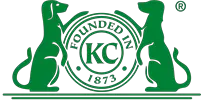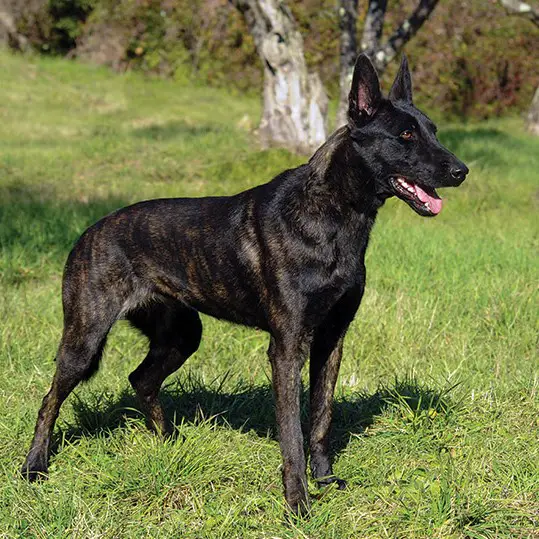Dutch Shepherd History
The Dutch Sheepdog is a breed of herding and guard dog from the Netherlands. It originates from the now-extinct Schipperke and the Dutch Dogger. It is one of three breeds which are classified in the Nederlandse Herderhonden (Dutch Herding Dogs).
Dutch Shepherd Physical Characteristics
The Dutch Shepherd is a medium-sized, large-sized, or giant-sized mixed-breed or designer breed that is typically between 18 and 23 inches tall at the withers and between 60 and 85 pounds. They have a large, strong build and a coarse, wiry, or soft, short coat that is tan, white, or tricolor. They have a medium-length, wedge-shaped head and their face is moderately curved. They have wide-set eyes that are dark brown in color. They have a strong muzzle and a long tail that curls over the back. They are alert, intelligent, and powerful.
Eye Colors
Unknown
Nose Colors
Unknown
Coat Colors
Unknown
Height Range
Male Height Range: 22 – 24 inches
Female Height Range: 22 – 24 inches
Weight Range
Male Weight Range: 65 – 70 lbs
Female Weight Range: 60 – 70 lbs
Dutch Shepherd Health
Description of breed health.
Lifespan
12-15 yrs
Dutch Shepherd Health Concerns
Hip Dysplasia, Sensitive to Anesthesia, Goniodysplasia
Dutch Shepherd Temperament and Behaviour
The Dutch Shepherd is a medium-sized, muscular, athletic and high-energy working dog. They are smart, and respond well to training and discipline. They are protective and loyal of their family and can be territorial of their territory, but are not aggressive by nature.
Dutch Shepherd Activity Requirements
The Dutch Shepherd is a large, strong, and athletic herding dog. They are intelligent and incredibly loyal, making them great companions for experienced dog owners. Like with all large, high-energy breeds, the Dutch Shepherd requires regular exercise and training. The most suitable home environment for a Dutch Shepherd is one where there is plenty of space. An apartment or townhome is not ideal, as they can become destructive when bored. A house with a fenced-in yard is ideal, as they need space to play and exercise. As with any large, high-energy dog, it is best to work with a professional trainer or behaviorist when training a Dutch Shepherd. They are highly intelligent, but they can also be stubborn and willful.
Miles Per Day
Unknown
Activity Per Day
Unknown
Daily Food
Unknown
Kennel Club Recognition

American Kennel Club
Recognized by the American Kennel Club
Dutch Shepherd is part of the Miscellaneous Class group.
Visit the American Kennel Club website.

The Kennel Club
Not Recognized
Dutch Shepherd is part of the Unclassified group.
Visit the Kennel Club website.

Australian National Kennel Council
Recognized by the Australian National Kennel Council
Dutch Shepherd is part of the Working group.
Visit the Australian National Kennel Council website.

Canadian Kennel Club
Not Recognized
Dutch Shepherd is part of the Unclassified group.
Visit the Canadian Kennel Club website.
